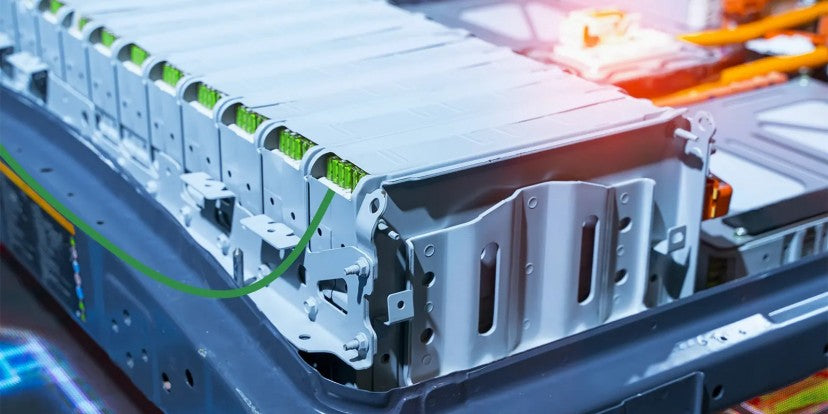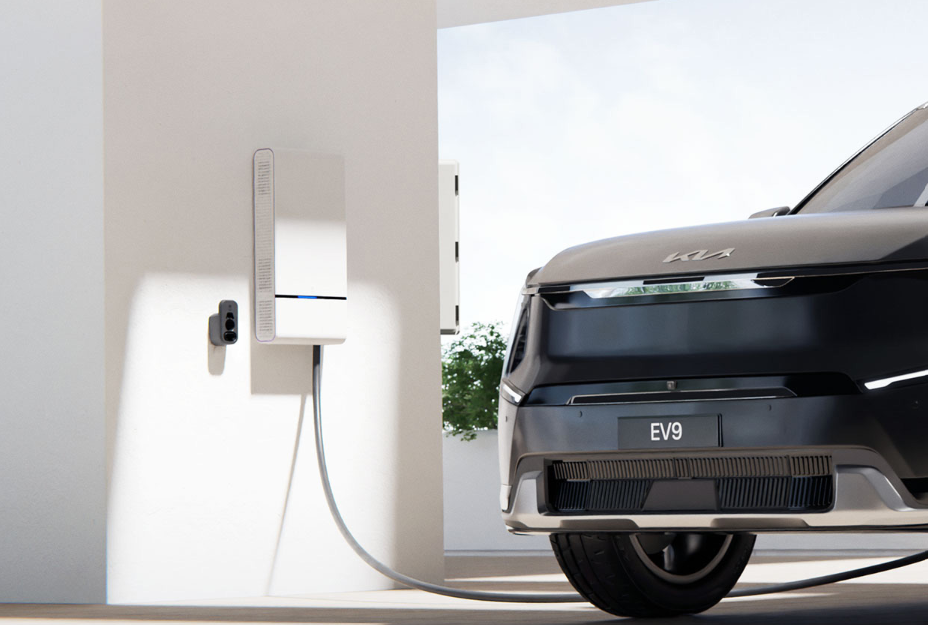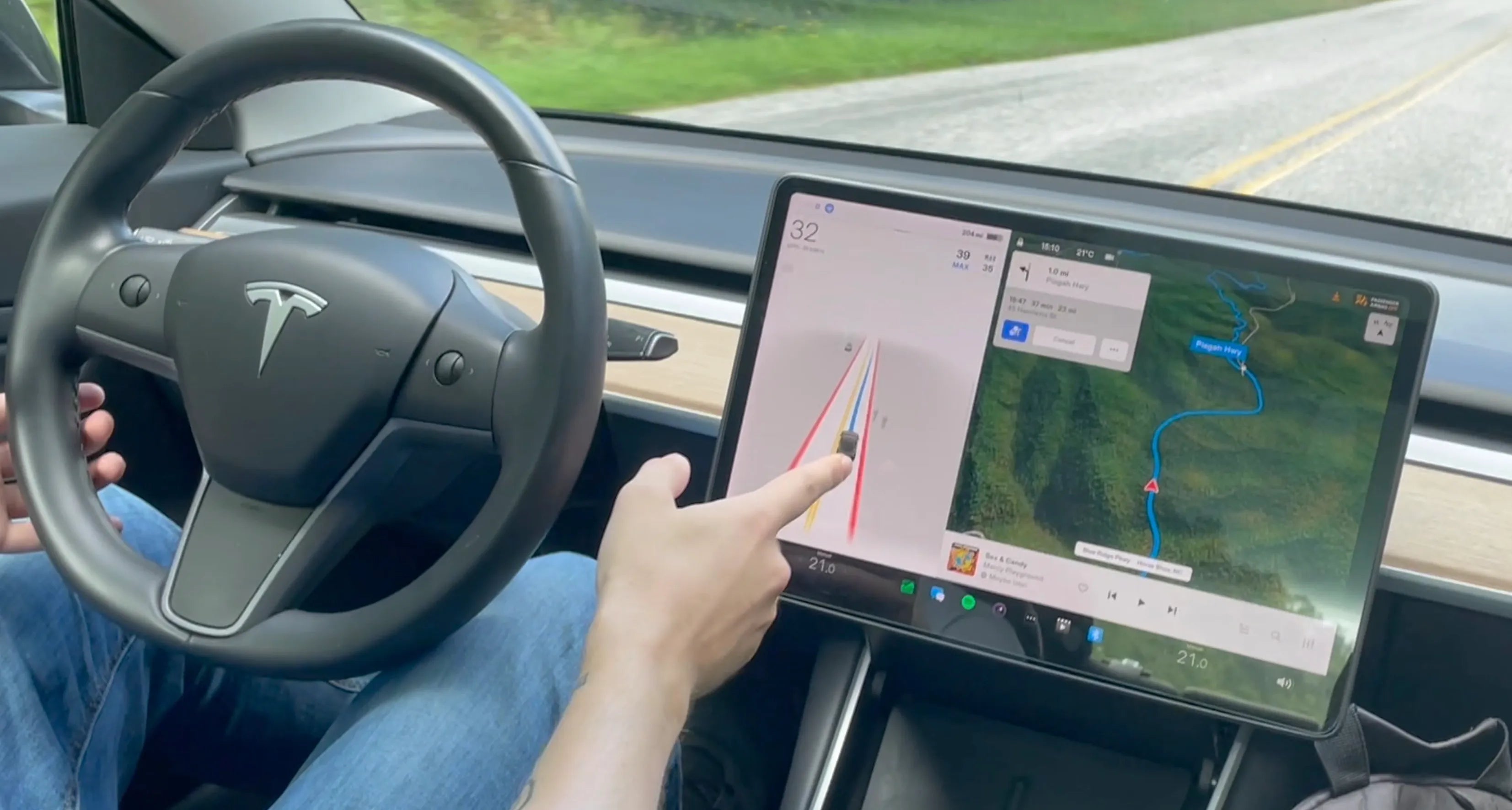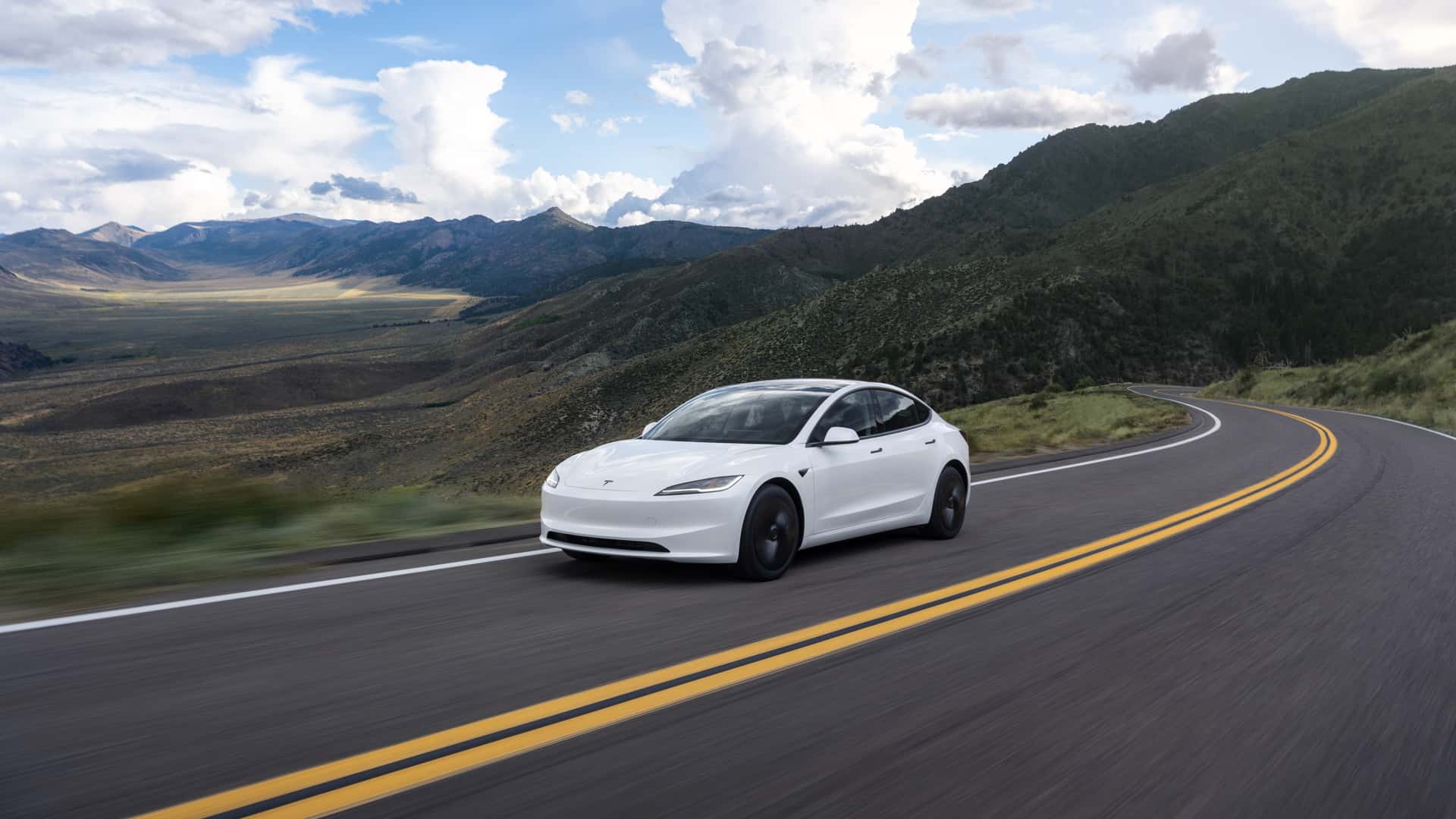A New Step Toward Affordable, High-Performance EV Batteries
Hyundai has secured a new patent that could transform the way solid-state batteries are built. The breakthrough? Finding a way to use copper as an internal current collector in solid-state cells, something that had been impossible until now due to corrosion risks in sulfide-based electrolytes.

Why This Matters
Lithium-ion EV batteries have long relied on copper to carry electrons from inside the cell to the terminals. But solid-state batteries, while promising, were forced to use nickel alloys or stainless steel—both more expensive and less conductive—because sulfide electrolytes corrode copper.
Hyundai’s innovation changes the game. By applying a new layered design within the cell, copper can now survive in sulfide-based environments. This move could reduce costs, boost conductivity, and make solid-state batteries cheaper and easier to manufacture.
What’s Inside the Patent
According to Hyundai’s filing, the solid-state cell structure consists of:
-
Copper anode collector layer
-
Protective coating
-
Anode layer
-
Electrolyte layer
-
Cathode layer
-
Final current collector (potentially a low-cost option like aluminum foil)
The innovation lies not in inventing a new material, but in the process of applying these layers. Hyundai’s method improves adhesion and durability, meaning the cells hold together better, last longer, and maintain higher capacity over many charge cycles.
The Impact for EVs
If successfully implemented, this could mean:
-
Lower costs: Copper is cheaper than stainless steel or nickel.
-
Better performance: Higher conductivity means more efficient power flow.
-
Greater durability: Cells stay stable for longer, even under harsh conditions.
-
Solid-state benefits + cost savings: Faster charging, improved safety, and potentially much greater range.
Solid-state batteries are already seen as the next frontier for EVs, promising double the driving range and 10-minute charging times. Hyundai’s copper breakthrough adds a cost advantage, making the tech more realistic for mass production.
The Bigger Picture
Other automakers are racing toward solid-state as well:
-
BMW has begun testing SSBs in its i7 sedan.
-
Toyota plans to commercialize the technology soon.
-
Nissan is targeting 2028 for customer-ready vehicles.
-
CATL, however, remains skeptical, citing safety and scalability concerns.
Solid-state has already found use in aerospace, industrial equipment, and even pacemakers—applications where reliability matters more than cost. But for cars, the economics must make sense, and Hyundai’s approach could be a tipping point.

What’s Next
It’s important to note that a patent doesn’t mean production. Automakers often patent technology simply to protect intellectual property, and many ideas never reach the assembly line. Still, Hyundai’s design could be a crucial step in making solid-state cells practical, scalable, and affordable for future EVs like the Ioniq 5 and beyond.
If the company succeeds, the future of EV batteries could arrive faster and cheaper than most analysts expect.
Recommend Reading: MG4 Becomes First EV with Semi-Solid-State Battery Approved for Sale in China








Share:
Tesla Model YL: The Stretched SUV Built for China
Walmart to Launch Thousands of EV Charging Stations by 2030